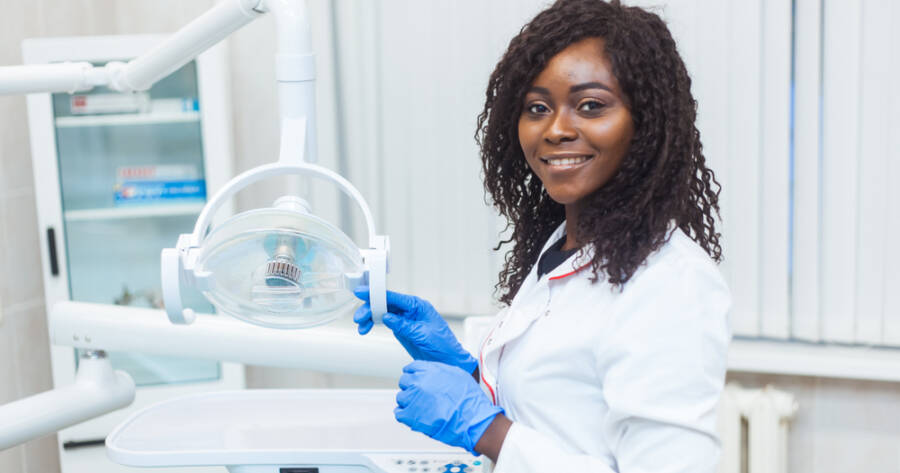Dental implants have transformed restorative dentistry, providing a long-lasting solution for individuals with missing teeth. Clinical trials play a critical role in advancing implant technology by testing new materials, procedures, and techniques to enhance safety, effectiveness, and long-term success. In the United States, research institutions and dental schools are conducting various clinical trials to improve dental implant outcomes and accessibility. These studies aim to develop better integration with bone, reduce healing times, and lower the risk of implant failure.
Why Are Dental Implant Clinical Trials Important?
Clinical trials are essential in assessing the effectiveness of new dental implant systems and techniques. These studies help researchers and dental professionals:
- Evaluate new materials for better osseointegration (fusion with bone).
- Test innovative surface coatings to reduce bacterial infection and implant rejection.
- Improve surgical techniques to enhance precision and reduce recovery time.
- Study long-term effects of implants in different patient demographics, including those with underlying medical conditions such as diabetes or osteoporosis.
Participants in these trials not only receive potentially cost-free or subsidized dental care but also play an important role in the advancement of modern dentistry.
Notable Institutions Conducting Dental Implant Research
Several prestigious research institutions and universities in the United States lead groundbreaking studies in dental implant technology. Some of the key institutions include:
- National Institute of Dental and Craniofacial Research (NIDCR): Supports and conducts clinical trials aimed at improving oral health, focusing on developing advanced biomaterials and innovative implant designs.
- Columbia University College of Dental Medicine: Researches long-term healing of bone around different implant types to optimize design and placement techniques.
- University of Texas Health Science Center at San Antonio: Focuses on patient quality of life following dental implant placement and how implants impact oral function.
- NYU College of Dentistry: Engaged in trials studying surgical placement techniques, digital implant planning, and post-operative monitoring to enhance long-term success rates.
- Harvard School of Dental Medicine: Conducts studies on bioengineered materials for implants, seeking to improve healing and durability.
How to Participate in a Dental Implant Clinical Trial
Individuals interested in participating in clinical trials should meet specific eligibility criteria, which may include:
- Being in good general health
- Having missing teeth or requiring dental implants
- Not smoking or having certain medical conditions that could impact healing
- Being available for follow-up visits as part of the study
Potential participants should consult with their dentist or visit university research websites to find ongoing trials.
Recent Advancements in Dental Implant Technology
Ongoing clinical trials are paving the way for significant innovations in dental implant procedures:
- 3D printing of dental implants allows for more precise customization.
- Zirconia implants, an alternative to traditional titanium, are being tested for enhanced biocompatibility.
- Nanotechnology-based coatings may reduce infections and accelerate healing.
- Stem cell research aims to regenerate bone around implants, improving stability and longevity.
The Future of Dental Implants: Advancements Through Clinical Trials
Dental implant clinical trials in the United States are essential for advancing the science behind implant dentistry. By testing new materials, improving surgical techniques, and enhancing long-term durability, these studies contribute to safer, more effective treatments. Through the efforts of leading research institutions and the participation of volunteers, clinical trials continue to shape the future of dental implantology, offering patients improved options for achieving a healthy and confident smile. Those interested in participating should explore trial opportunities to potentially benefit from innovative and cost-effective dental solutions.
